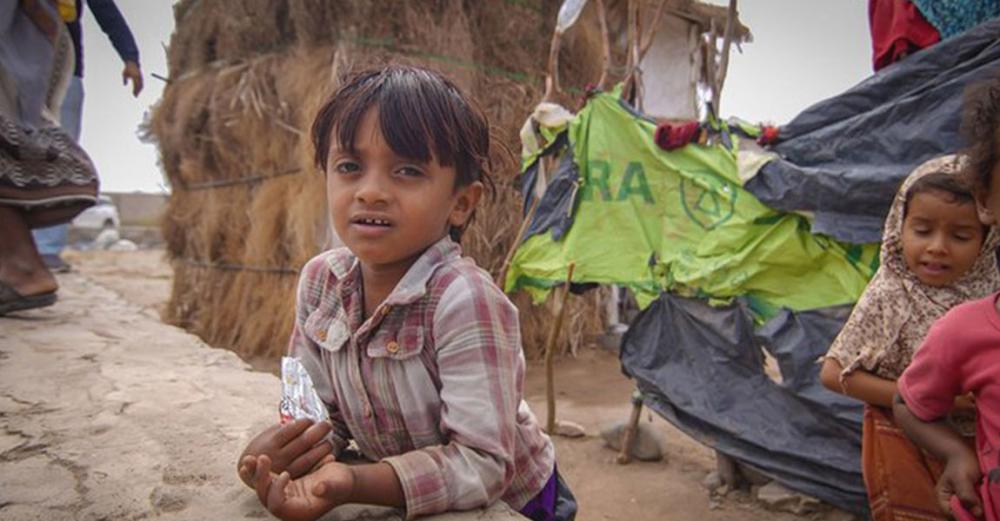Just Earth News | @justearthnews | 05 May 2020

New York : A new UN report finds that some 19 million children were displaced within their own countries due to conflict and violence in 2019, more than in any other year, making them among the most vulnerable to the global spread of COVID-19.
According to the “Lost at Home” report, published on Tuesday by the UN Children’s Fund (UNICEF), there were 12 million new displacements of children in 2019: around 3.8 million of them caused by conflict and violence, and 8.2 million, due to disasters linked mostly to weather-related events.
Coronavirus intensifying suffering
The COVID-19 pandemic is only making a critical situation worse, the agency says. Camps or informal settlements are often overcrowded, and lack adequate hygiene and health services. Physical distancing is often not possible, creating conditions that are highly conducive to the spread of disease.
“When new crises emerge, like the COVID-19 pandemic, these children are especially vulnerable,” said UNICEF Executive Director Henrietta Fore. “It is essential that Governments and humanitarian partners work together to keep them safe, healthy, learning and protected.”
Government investment key The report looks at the risks internally displaced children face –- child labour, child marriage, trafficking among them -- and the actions urgently needed to protect them. It calls for strategic investments and a united effort by Governments, civil society, companies, humanitarian actors and children themselves to address the child-specific drivers of displacement, in particular, violence, exploitation and abuse.
It also calls on Governments convening under the High-Level Panel on Internal Displacement, established by Secretary-General António Guterres, to invest in actions that will provide protection and equitable access to services for all internally displaced children and their families.
Better, timely and accessible data -- disaggregated by age and gender -- is also critical to delivering on this agenda, the report says. “Internally displaced children and youth themselves must have a seat at the table,” it emphasizes, and offered the opportunity to be part of the solution.